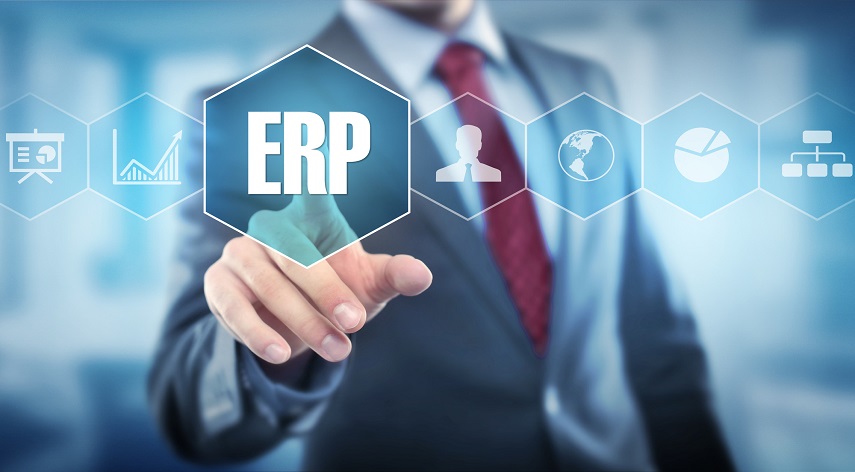What Does ERP Stand for, and Does Your Business Need It?

How often have your employees completed a task without help or your inventory lacking a product? If you’re like most businesses, you’ve been lost without an ERP solution.
A centralized system can save you time and money while helping you organize your company. But what does ERP stand for, and do you need it?
Our guide explains what exactly ERP is and how it helps businesses thrive. Read on!
Table of Contents
ToggleWhat Does ERP Stand For?
ERP or Enterprise Resource Planning is a software that helps businesses manage and automate their key processes, including accounting, inventory, human resources, and customer relationship management (CRM).
While many small businesses can get by without an ERP system, as they grow and begin to add more employees and processes, an ERP can help them stay organized and efficient. An ERP system can also make it easier to scale a business since all key information and processes are already in one place.
The Benefits of ERP
Some of the most commonly cited benefits include improved efficiency, improved transparency and visibility, reduced costs, and improved customer satisfaction. In addition, ERP software companies like SAP B1 pricing and licensing can help to manage the growth and scale operations of businesses.
Improved Efficiency
ERP can be highly beneficial to businesses looking to improve their efficiency. By integrating all of the core business functions into one system, ERP can help businesses avoid the silos that can often occur when different departments use different software solutions.
Improved Transparency and Visibility
If improving transparency is a goal for your business, then ERP accounting software can be a helpful tool. It can provide visibility into all business areas, from finances to inventory to production. This can help managers make better decisions, identify issues and inefficiencies, and ultimately improve the bottom line.
Reduced Cost
An ERP system can help your business to reduce costs in several ways. By automating processes and integrating data, an ERP system can help to eliminate errors and duplication of effort. In addition, an ERP system can help you to make better use of your resources by providing real-time data and analytics.
Improved Customer Satisfaction
Improved customer satisfaction is one of the main benefits of ERP. By having all of your customer information in one place, you can provide better and faster service. ERP can also help you to track and manage your inventory levels, so you can avoid stock-outs and keep your customers happy.
Time To Consider ERP
What does ERP stand for? Does my business need it? This article answered these questions for you.
Enterprise Resource Planning helps businesses manage their operations more effectively. Many businesses realize they need ERP to streamline their processes and improve their bottom line.
If your business struggles to keep up with the competition, it may be time to consider implementing an ERP system.
Did you enjoy reading this article? If you did, please keep reading to see more great content.
Pankaj Majumder, a seasoned Civil Engineer, combines technical expertise with a passion for innovative infrastructure solutions. With a strong academic background and diverse project experience, he excels in creating sustainable and resilient structures that shape the future of urban development.
Recommended For You
Spread the loveHey, tech enthusiasts! Today, let’s dive into the world of Strategic IT Consulting and how Artificial Intelligence (AI)
Spread the loveHey there! Welcome to the online world, where having a cool website is like having a superpower. Your
Spread the loveHey, fellow e-commerce enthusiasts! If you’re looking to start an exciting new online business or already have a




